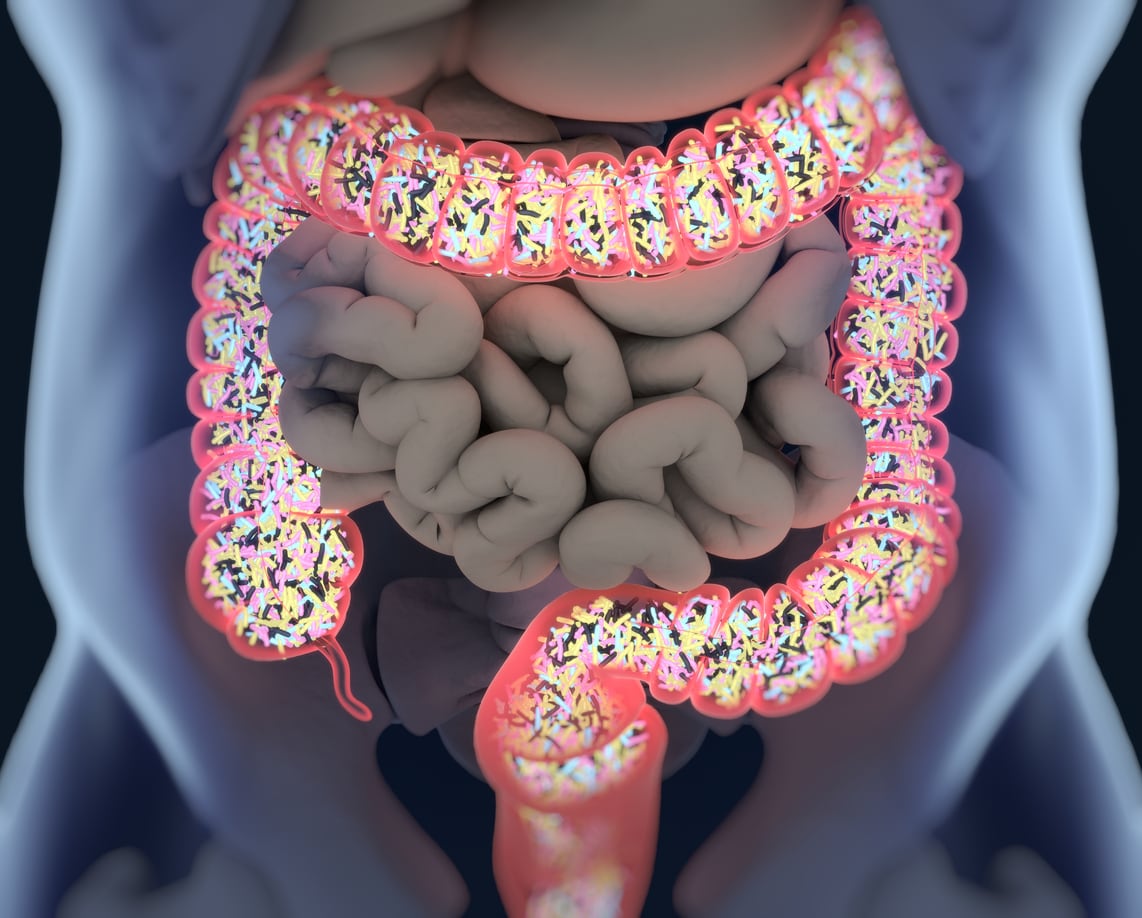“Our findings reveal the mechanism by which L. reuteri ZJ617 alleviates MetS symptoms and provide support for its potential use as a probiotic for promoting metabolic health,” the researchers wrote in Nature Communications.
The study on mice expanded existing evidence that L. reuteri may lower the risk of MetS, examining its effects on existing gut bacteria and how it may modulate metabolism.
The results suggested that L. reuteri ZJ617 and spermidine promote white adipose tissue (WAT) browning, which is “critical for improving human health.”
Excess WAT is a major risk factor for developing MetS, and previous studies have shown that spermidine can break down fats and promote the expression of thermogenic genes.
Spermidine, a polyamine compound found in semen and foods such as aged cheeses and mushrooms, has gained attention for its potential benefits in aging, cardiovascular health, metabolism, lifespan extension and bone loss prevention.
“Given these diverse biological roles, the increased spermidine production induced by L. reuteri ZJ617 may have broad physiological implications that go well beyond metabolic diseases,” wrote researchers from Zhejiang University in China.
Study details
The study involved mice randomized into different dietary groups with MetS induced by a high-fat diet (HFD).
When the HFD mice were supplemented with L. reuteri ZJ617, they reduced body weight gain, improved oxygen consumption, CO2 production and energy expenditure and reversed the decrease of rectal temperature caused by HFD.
Additionally, the supplement improved markers of MetS such as cholesterol, triglycerides and insulin sensitivity.
There was no difference in food intake between supplemented mice and those only fed HFD, indicating that the benefits of L. reuteri ZJ617 were not due to decreased food consumption.
Effects on the liver suggested that long-term supplementation had limited side effects.
Tissue analysis showed beneficial effects on white adipose tissue (WAT).
“Together, our results indicate that L. reuteri ZJ617 treatment mitigates MetS and may activate the browning process of WAT in HFD-fed mice,” the researchers wrote.
The study found that L. reuteri ZJ617 showed positive effects on the microbiota in HFD mice, “which may lead to upregulation of key microbial genes involved in polyamine biosynthesis.”
The positive effects were further confirmed using fecal transplantation. Metabolomic profiling revealed that spermidine levels were increased after L. reuteri ZJ617 supplementation, but the authors noted that “whether spermidine was produced by L. reuteri ZJ617 or by commensal gut bacteria remains unknown in our setting”.
Further analysis highlighted the mechanisms involved: “Together, our data provide mechanistic evidence that spermidine acts as a potential molecule that mediates the metabolic benefits of the L. reuteri ZJ617 in improving MetS and promoting adipocyte browning.”
Source: Nat Commun 16, 877 (2025). doi: 10.1038/s41467-025-56105-4. “Lactobacillus reuteri ZJ617 attenuates metabolic syndrome via microbiota-derived spermidine”. Authors: Y. Ma et al.

